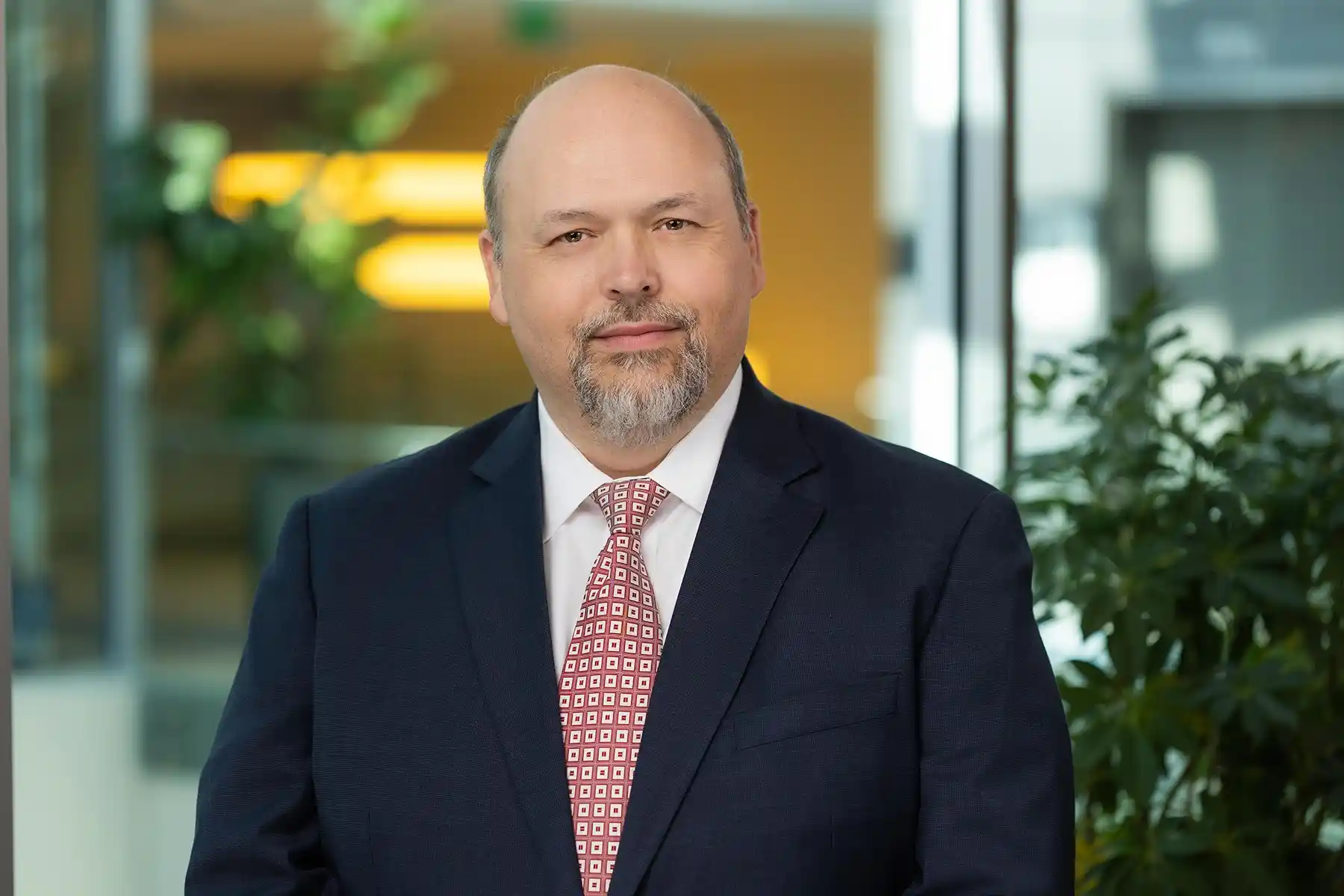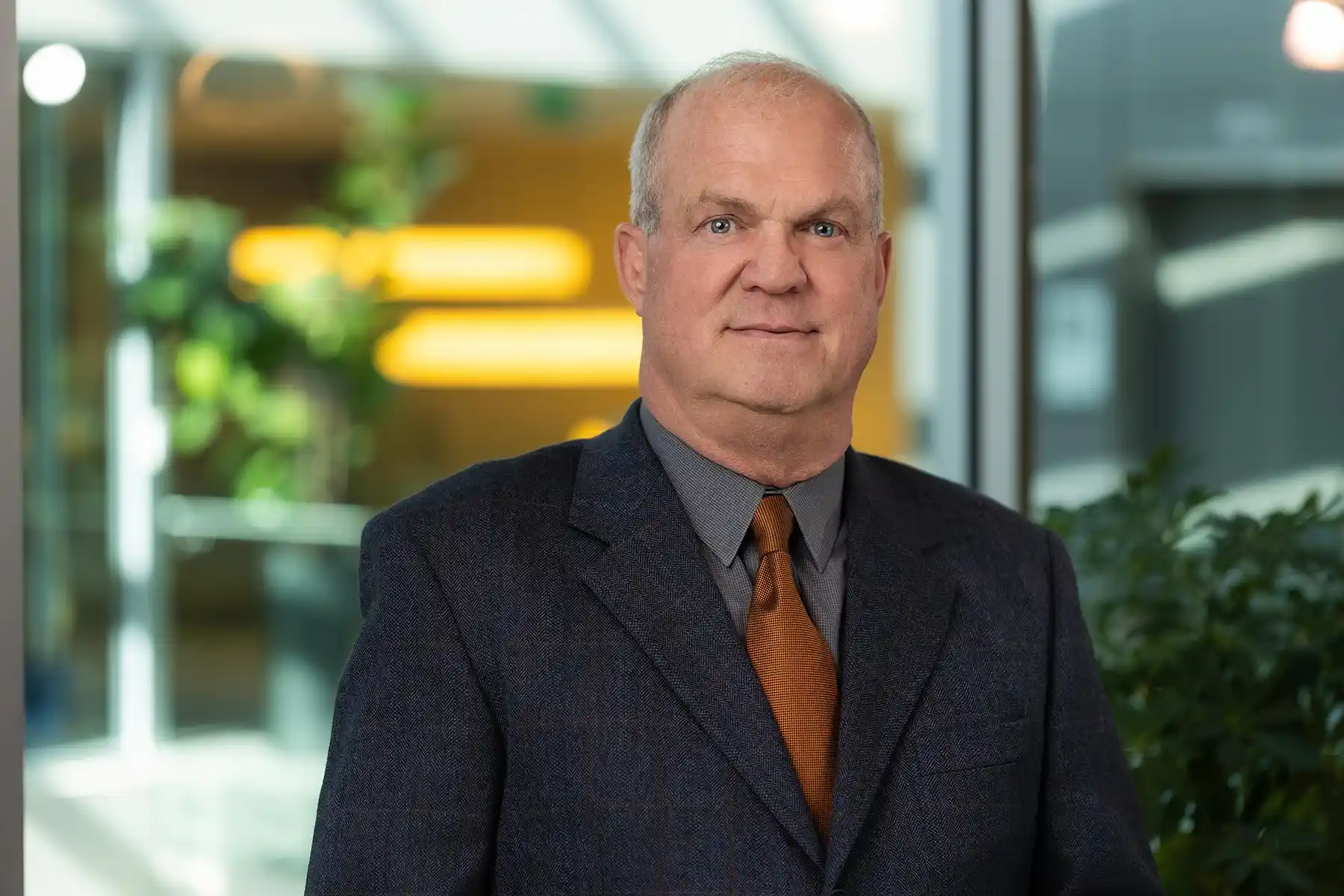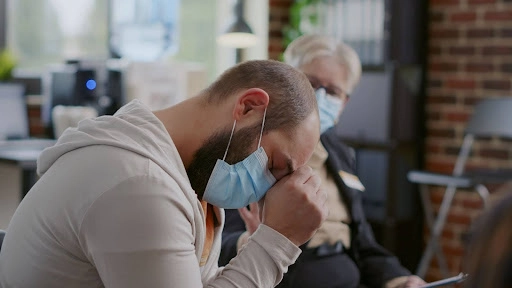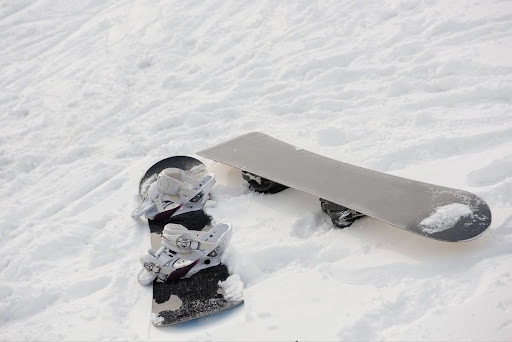Our team has recovered millions for clients across Colorado, using detailed life-care plans and expert testimony to show the long-term financial and personal toll of brain injuries. Whether your brain injury came from a crash on unsafe property or a car accident, our Colorado Springs personal injury lawyers are prepared to build the strongest possible case.
How Boesen Law Helps Traumatic Brain Injury Victims in Colorado Springs
When we take on a TBI case, we start with the details that insurers try to ignore:
Reach out to our law firm for a no-cost, no-obligation consultation today. Call our personal injury lawyers in the state of Colorado at (303) 999-9999 or contact us online.
- Documenting the cause of injury: From motor vehicle crashes to falls on unsafe premises, we investigate every contributing factor. Accident reports, surveillance footage, and witness statements help us prove liability.
- Working with brain specialists: Neurologists, neuropsychologists, and rehabilitation experts are key to establishing long-term deficits.
- Building long-term financial claims: TBIs often cause job loss or reduced earning capacity even when physical recovery seems outwardly complete. We calculate lifetime economic losses and lost earning capacity to make sure clients aren’t pressured into inadequate settlements.
- Proving noneconomic damages: The loss of independence, personality changes, and ongoing pain all have legal value. We present these impacts with testimony from family members, treating doctors, and day-in-the-life evidence.
In one recent case, we obtained compensation for a client who sustained a TBI. The insurer initially dismissed the injury as “mild” because scans showed no bleeding, but neuropsychological testing revealed long-term consequences. We forced the insurer to recognize the injury as catastrophic by securing compelling medical evidence to support our claim.
This is the approach we bring to every brain injury case: connecting real medical consequences to legal strategies that maximize recovery.
Colorado Laws & Statutes That Apply to Traumatic Brain Injury Claims
Traumatic brain injury claims in Colorado are governed by several critical statutes and legal principles that directly impact a case’s viability and value. A strong attorney must navigate these rules from day one.
- Statute of limitations (C.R.S. § 13-80-102): In Colorado, most personal injury claims – including those involving brain injuries – must be filed within two years from the date of injury. However, for TBIs caused by motor vehicle accidents, a longer three-year window may apply.
- Comparative negligence rule: Colorado follows a modified comparative fault system. If you bear some fault for the accident, your recovery is reduced in proportion to your percentage of fault. But if your fault is 50% or more, you may be barred from recovering anything. In TBI cases, defense counsel often attempt to shift blame – claiming the injured party “misreacted” or contributed to the crash.
- Medical malpractice caps & SB 24-130: When a brain injury results from medical error – say, during surgery, anesthesia, or treatment – special rules apply. Under Senate Bill 24-130, Colorado is gradually increasing caps on noneconomic damages in medical malpractice cases, targeting $875,000 by 2029. These caps may limit recovery even in severe TBI claims against providers.
- Evidence and notice requirements: Colorado courts often require strict proof that negligent conduct – not just the traumatic event – caused the brain injury. In cases involving equipment, premises, or vehicle defects, plaintiffs must show that warnings, maintenance, or inspection obligations were breached.
These statutes often determines whether a brain injury victim secures compensation or walks away with nothing. At Boesen Law, we’ve recovered millions of dollars for clients across Colorado, including a recent $525,000 settlement for a car accident victim who suffered concussion symptoms alongside spine injuries. That outcome was possible because our attorneys moved quickly, preserved medical and liability evidence, and applied Colorado’s statutes strategically to protect the client’s rights.
Common Causes of Traumatic Brain Injuries in Colorado Springs and How to Know if You Have a Case
Traumatic brain injuries result from various accident types that follow patterns tracked by public health data across Colorado. According to recent government and medical sources, the three leading causes of TBI in Colorado (falls, motor vehicle crashes, and being struck by or against an object) account for 84.4% of TBI-related emergency visits and 75.7% of hospitalizations statewide. These numbers reflect not just statewide trends but what we consistently see in cases across Colorado Springs and El Paso County.
- Falls are the predominant cause of TBIs in Colorado, especially among children and older adults. Even what looks like a “minor” slip from a few feet can cause bleeding or swelling in the brain, often requiring emergency evaluation.
- Car, motorcycle, and truck accidents remain the most common source of severe brain trauma for young adults.
- Struck by or against events: Sports injuries, falling objects on job sites, or even everyday collisions can cause TBIs.
Knowing whether you have a legal case requires linking the TBI to another party’s negligence. That might mean proving a property owner failed to fix or warn about a hazard that caused a fall, or showing a driver was speeding or distracted before a crash.
What Compensation Is Recoverable in a Colorado Springs Traumatic Brain Injury Case
Traumatic brain injuries are among the most expensive injuries to treat and live with, which is why compensation in these cases must extend far beyond the first hospital bill. The Centers for Disease Control and Prevention estimates that the lifetime costs of treating a severe TBI can reach into the millions of dollars when factoring in acute care, rehabilitation, and long-term assistance. For families in Colorado Springs, these costs often include emergency airlifts, extended rehabilitation stays, and permanent modifications to homes and vehicles.
When we pursue damages on behalf of TBI clients, we focus on every category of loss recognized under Colorado law:
- Medical treatment and rehabilitation: From ICU stays and neurosurgery to physical therapy, occupational therapy, and cognitive rehabilitation.
- Assistive technology and home modifications: Wheelchairs, adaptive devices, lifts, ramps, and customized housing or vehicle modifications.
- Lost wages and future earning potential: Many clients cannot return to their prior jobs – or any job – after a severe brain injury. We calculate both immediate income loss and diminished earning capacity over a lifetime.
- Pain, suffering, and loss of enjoyment of life: TBIs often come with depression, memory loss, personality changes, and permanent disability, which Colorado law recognizes as noneconomic damages.
- Future care needs: Life-care plans account for in-home nursing, long-term residential care, and ongoing medical monitoring to manage seizures, cognitive decline, or related complications.
- Punitive damages: In rare cases, if gross negligence or reckless conduct contributed to the injury, courts may award additional damages to punish the wrongdoer and deter similar conduct.
Schedule a Free Consultation With a Colorado Springs Traumatic Brain Injury Lawyer
If you or a loved one suffered a brain injury in Colorado Springs, we invite you to schedule a free consultation to discuss your legal options. There is no upfront cost – we work on a contingency fee basis, which means you don’t pay unless we win. Reach out to discuss your options for compensation in a free initial consultation. We are available 24/7 for our clients.
Frequently Asked Questions About Traumatic Brain Injury Claims in Colorado Springs
What are the most common causes of TBIs in Colorado Springs?
According to state health data, the majority of TBI-related emergency visits and hospitalizations in Colorado result from falls, motor vehicle crashes, and sports or recreational accidents. In Colorado Springs, we frequently see TBIs tied to falls among older adults and motor-vehicle collisions.
How do I know if I have a valid brain injury case?
You may have a case if your TBI was caused by someone else’s negligence – such as a careless driver, unsafe premises, or medical malpractice. To move forward, you’ll need medical documentation confirming the diagnosis and evidence that ties the injury to the incident. A TBI attorney at Boesen Law can help connect these elements and determine whether you meet the legal requirements under Colorado law.
How much compensation can I expect for a brain injury claim?
Compensation varies widely based on severity. Moderate cases might settle in the hundreds of thousands, while severe TBIs that require lifelong care often recover several million dollars. The damages typically include medical bills, rehabilitation, lost income, and noneconomic losses like pain and suffering.
Can I still recover compensation if I was partly at fault?
Yes – Colorado follows a modified comparative negligence rule. You can recover damages if you were less than 50% at fault, but your award will be reduced by your percentage of fault. If you’re found to be 50% or more responsible, you cannot recover.
How long does a brain injury case usually take in Colorado Springs?
These cases often take longer than other personal injury claims. Attorneys usually wait for medical stabilization before pursuing settlement, and cases involving permanent disability may require expert testimony and trial preparation. Many cases resolve in 1–3 years, but complex litigation can take longer.
Reach out to our law firm for a no-cost, no-obligation consultation today. Call our personal injury lawyers in the state of Colorado at (303) 999-9999 or contact us online.
Content Reviewed By












